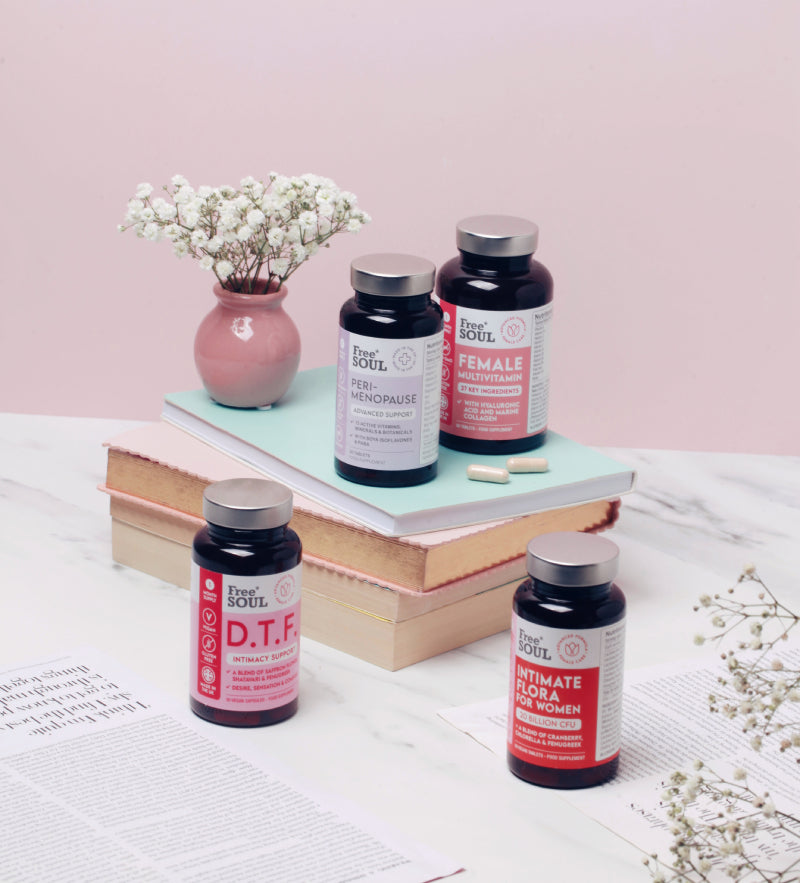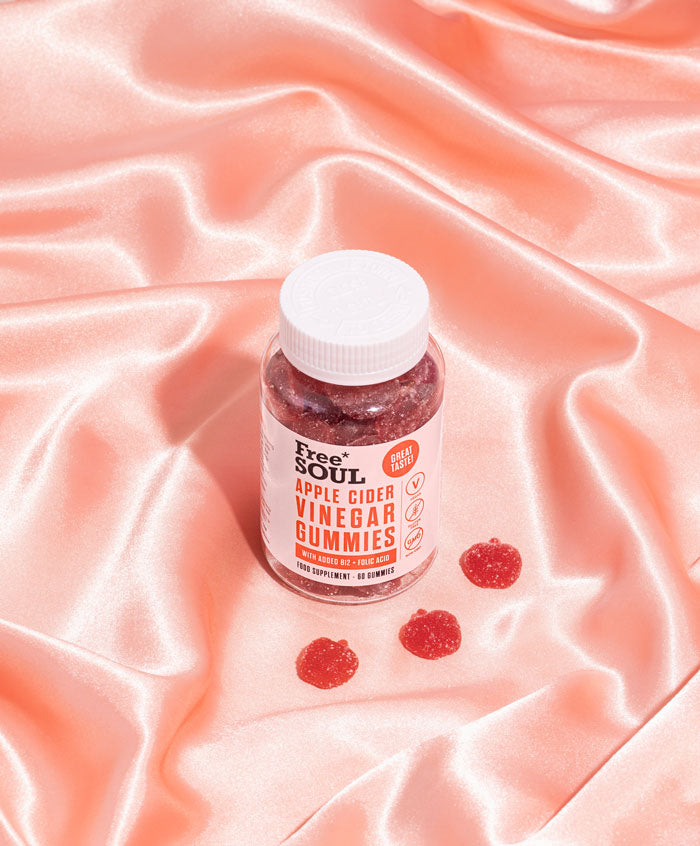What is Osteoporosis - and 5 ways to prevent it

When it comes to your health, your bones are probably one of the last things you think about. They don’t get much attention day-to-day but they’re essential for maintaining wellness - especially into old age.
Read on to find out more about how to keep your bones healthy and prevent osteoporosis.
What is osteoporosis?
Osteoporosis is a common disease characterised by the loss of bone mass and strength and increased bone fragility. This makes people with osteoporosis more at risk of fractures and broken bones, especially as a result of a fall or sudden impact.
The disease is extremely common in older adults with the risk of fracture estimated to be around 50% in women over 50 and around 30% in men over 50.
Bone density is influenced by genetics and heredity but a number of lifestyle factors also play a part in the development of the disease and its severity.
How can osteoporosis be prevented?
Osteoporosis has been linked to a range of different lifestyle factors that can affect the severity of the disease. The biggest considerations are diet and nutrition, as well as physical activity.
Here are 5 ways to prevent osteoporosis and keep your bones in tip top condition.
Calcium
Good bone health begins in childhood. Your calcium intake as a child and adolescent affects your bone mass and this in turn determines how fast your bone mass decreases as you get older.
Generally, your bone mass starts to decrease from middle age but the risk of bone loss increases when your calcium intake is lower than 700-800mg a day.
Recommendations for your daily calcium intake is approximately 1000mg/day for men and women up to 50 years old. Women over 50 and men over 70 should increase their intake to 1200mg/day.
The best sources of calcium include:
- Dark green leafy vegetables
- Dairy products
- Calcium-fortified foods
To prevent osteoporosis, it’s really important to keep your calcium intake at the recommended rate. Free Soul protein powder includes added calcium so if you’re having it daily you don’t need to worry.
Vitamin D
Vitamin D is essential for calcium absorption and good bone health. It is also important for muscle health and preventing falls in older adults - the people most at risk of osteoporosis.
The body produces vitamin D from exposure to sunlight but many people don’t get enough vitamin D this way due to lifestyle factors. Egg yolks, saltwater fish and liver are also rich sources of vitamin D but the easiest way to up your intake is with a daily vitamin D supplement.
The daily recommended intake of vitamin D is 600IU/day for healthy adults under 71, going up to 800IU/day for adults over 71. The safe upper limit is 4000IU/day.
Protein
To prevent osteoporosis, it’s also important to get enough protein in your diet. High protein intake has been associated with reduced bone loss in older adults.
Protein supplementation can help to ensure that you’re not at risk of bone loss. Find out more here.
Fruit and vegetables
A diet that’s high in fruit and vegetables is another essential element for reducing bone loss. Fruit and vegetables provide the body with alkaline ions - like magnesium, potassium and calcium - that are super important for bone health. They also lower the overall load of dietary acid which can help to improve calcium absorption.
Fruit and vegetables are a great source of vitamin K too which is important for bone matrix synthesis, the part of the bone tissue that makes up most of the mass of the bone.
Exercise
Physical activity or exercise is a well-recognised lifestyle factor for maintaining good bone density at any age. Strength exercise is most effective at improving and maintaining bone mass while combination exercise programs including strength, aerobic, high impact and weight-bearing training have been found to help prevent bone loss in postmenopausal women.
For the best results, try doing strength training or high-loading intensity training three times per week with 2-3 sets per session. NB: Walking is not effective in preventing osteoporosis as it doesn’t load the skeleton enough to increase bone density.
If you’re worried about osteoporosis, it’s a good idea to talk to your doctor or a health professional for more advice.
To find out more about how your diet affects your health, read this next.
**At Free Soul, your wellbeing is our priority, and although we pride ourselves on our expertise in women's health and wellbeing, it is important to acknowledge the individuality of each person. Features published by Free Soul are not intended to treat, diagnose, cure or prevent any disease, or replace the advice of your GP. We always recommend consulting with a healthcare provider if you encounter any health concerns, and we’ll always be here to support you so you’re never alone on your journey.












